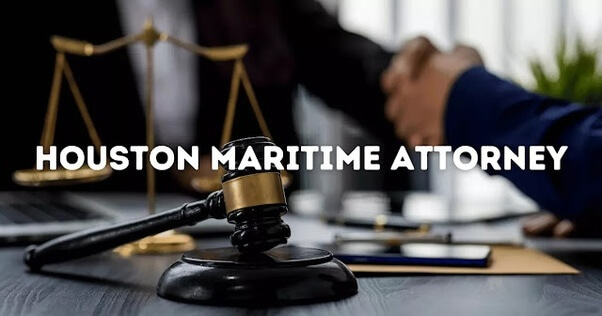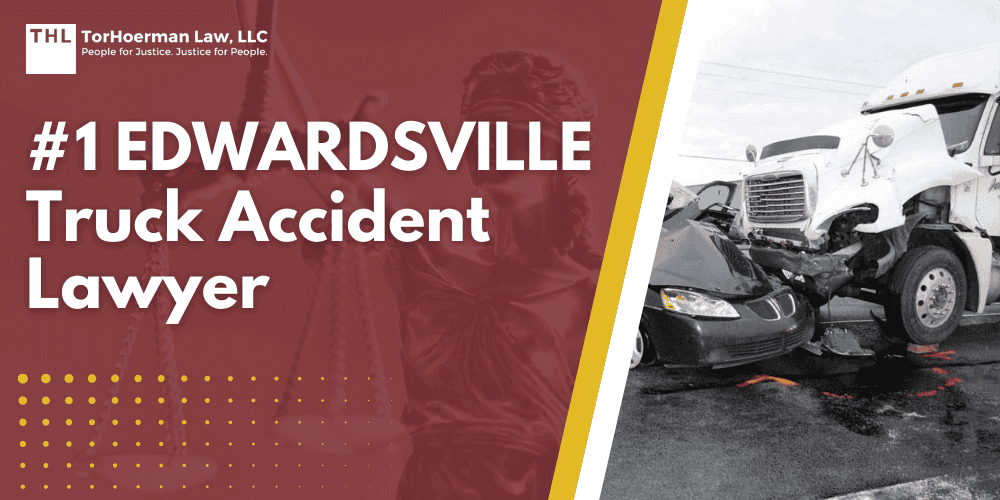How to Hire the Best Labor Law Attorney for Your Business
Navigating the intricate landscape of labor laws can be daunting for businesses, with potential legal pitfalls at every turn. Whether it’s ensuring compliance with employment regulations, resolving disputes with employees, or drafting ironclad contracts, having a skilled labor law attorney by your side is essential. In this comprehensive guide, we’ll delve into the crucial steps you need to take to hire the best labor law attorney for your business needs.
Understanding Your Legal Needs
Before diving into the process of hiring a labor law attorney, it’s imperative to have a clear understanding of your business’s specific legal requirements. Labor laws encompass a broad spectrum of regulations governing employee rights, workplace safety, discrimination, and more. Identifying your areas of concern will help you narrow down your search for an attorney with the right expertise to address your specific needs.
Identifying Areas of Concern: Take stock of your business operations and identify potential areas where labor law compliance or legal issues may arise. This could include wage and hour laws, employee benefits, discrimination claims, or workplace safety regulations.
Budgeting for Legal Services: Legal representation comes at a cost, so it’s essential to consider your budgetary constraints when seeking a labor law attorney. Determine how much you’re willing to allocate for legal services and ensure that you find an attorney whose fees are within your budget.
Researching Potential Attorneys
Armed with a clear understanding of your legal needs, the next step is to research potential attorneys who specialize in labor law. There are several avenues you can explore to compile a list of reputable attorneys with the right expertise to meet your business’s needs.
Online Research: The internet is a valuable resource for finding information about labor law attorneys in your area. Utilize legal directories, law firm websites, and review platforms to research potential candidates and gather information about their background, experience, and areas of expertise.
Seeking Recommendations: Word of mouth can be a powerful tool in finding the right attorney for your business. Reach out to other business owners, industry peers, or professional networks for recommendations and insights based on their own experiences with labor law attorneys.
Evaluating Attorney Credentials
Once you’ve compiled a list of potential attorneys, it’s time to dig deeper and evaluate their credentials to ensure they have the qualifications and experience necessary to handle your legal matters effectively.
Reviewing Education and Training: Start by examining each attorney’s academic background, including where they received their law degree and any specialized training or certifications they may have in labor law or related fields.
Examining Legal Experience: Experience is crucial when it comes to navigating the complexities of labor law. Look for attorneys who have a proven track record of handling labor law cases, preferably with experience representing businesses similar to yours. Consider factors such as the attorney’s case history, success rates, and familiarity with relevant statutes and regulations.
Investigating Reputation: A labor law attorney’s reputation within the legal community and among past clients can provide valuable insights into their professionalism, ethics, and quality of service. Take the time to read client testimonials, online reviews, and any disciplinary records to gauge the attorney’s reputation and credibility.
Conducting Initial Consultations
With a shortlist of potential attorneys in hand, the next step is to schedule initial consultations to discuss your legal needs and assess each attorney’s suitability for your business.
Preparing Questions: Before meeting with prospective attorneys, take the time to prepare a list of questions to ask during the consultation. These questions should cover key topics such as the attorney’s experience, approach to handling cases, communication style, and fee structure.
Assessing Compatibility: In addition to evaluating the attorney’s credentials and experience, pay attention to your personal rapport and compatibility during the consultation. Effective communication and a good working relationship are essential when it comes to navigating legal matters, so trust your instincts and choose an attorney with whom you feel comfortable.
Finalizing Your Decision
After conducting initial consultations and gathering all necessary information, it’s time to make a decision and hire the labor law attorney who best meets your business’s needs.
Comparing Options: Review your notes from each consultation and compare the strengths and weaknesses of each attorney. Consider factors such as their credentials, experience, reputation, communication style, and fee structure. Choose the attorney who offers the best combination of expertise, value, and compatibility for your business.
Negotiating Terms: Once you’ve selected an attorney, discuss the terms of engagement, including fees, payment structures, and the scope of services. Ensure that you have a clear understanding of what services will be provided, how fees will be calculated, and any potential additional costs or expenses.
Securing Legal Representation: With the terms agreed upon, finalize the engagement by signing a retainer agreement or engagement letter. This document outlines the terms of your relationship with the attorney and formalizes their representation of your business. Congratulations, you’ve successfully hired the best labor law attorney for your business!
Conclusion
Hiring the best labor law attorney for your business is a critical decision that requires careful consideration and research. By understanding your legal needs, researching potential attorneys, evaluating their credentials, conducting initial consultations, and finalizing your decision, you can ensure that your business receives the expert legal representation it deserves. With the right attorney by your side, you can navigate the complexities of labor laws with confidence and focus on growing your business while minimizing legal risks and liabilities.
FAQ Section
How much does it cost to hire a labor law attorney?
The cost of hiring a labor law attorney can vary depending on factors such as the attorney’s experience, the complexity of your case, and your location. It’s essential to discuss fees and payment structures during the initial consultation to avoid any surprises.
What qualities should I look for in a labor law attorney?
Look for an attorney who has expertise and experience in labor law, excellent communication skills, a track record of success, and a strong reputation within the legal community.
How long does it take to resolve a labor law case?
The timeline for resolving a labor law case can vary depending on the specifics of the case and the legal process involved. It’s best to discuss timelines and expectations with your attorney during the consultation process.
Can I handle labor law issues on my own without an attorney?
While it’s possible to address some labor law issues without an attorney, complex legal matters often require the expertise of a skilled attorney to ensure compliance with regulations and protect your business’s interests.
What should I do if I receive a complaint from an employee?
If you receive a complaint from an employee, it’s essential to take it seriously and seek legal advice promptly. A labor law attorney can help you assess the situation, investigate the complaint, and develop an appropriate response.
How can I stay updated on changes to labor laws?
Stay informed about changes to labor laws by regularly consulting legal resources, attending seminars or workshops, and subscribing to newsletters or publications from reputable sources in the field of labor law.
What should I do if I’m facing a labor law investigation?
If your business is facing a labor law investigation, it’s crucial to seek legal representation immediately. An experienced labor law attorney can guide you through the investigation process, protect your rights, and work to achieve the best possible outcome.
Can a labor law attorney help with drafting employment contracts?
Yes, a labor law attorney can assist with drafting employment contracts to ensure compliance with relevant laws and regulations, protect your business’s interests, and minimize the risk of disputes or litigation.


